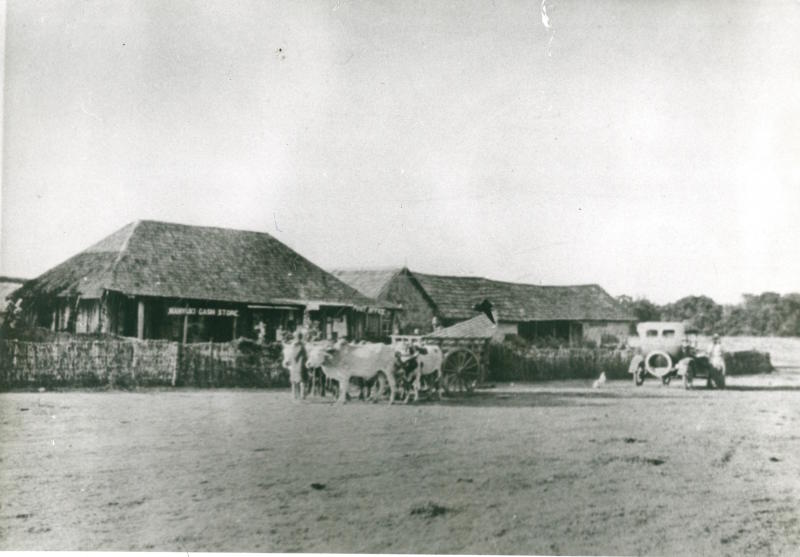
Bogus agreements, randy donkeys and ice on the equator have at different times described one of Kenya’s oldest towns.
The name Nanyuki, to historians, evokes memories of a time when illiterate Africans signed off their land rights to colonialists. It also brings back echoes of revered Maasai leader, Lenana ole Batian, the prophet who was tricked to move his people from the Laikipia plateau at the expense of his people so that he could be made a colonial chief. The Brits also named one of the peaks of Mt Kenya after Lenana’s father Mbatian to placate him after he died from a disease the colonial hospitals could treat but they did not intervene.